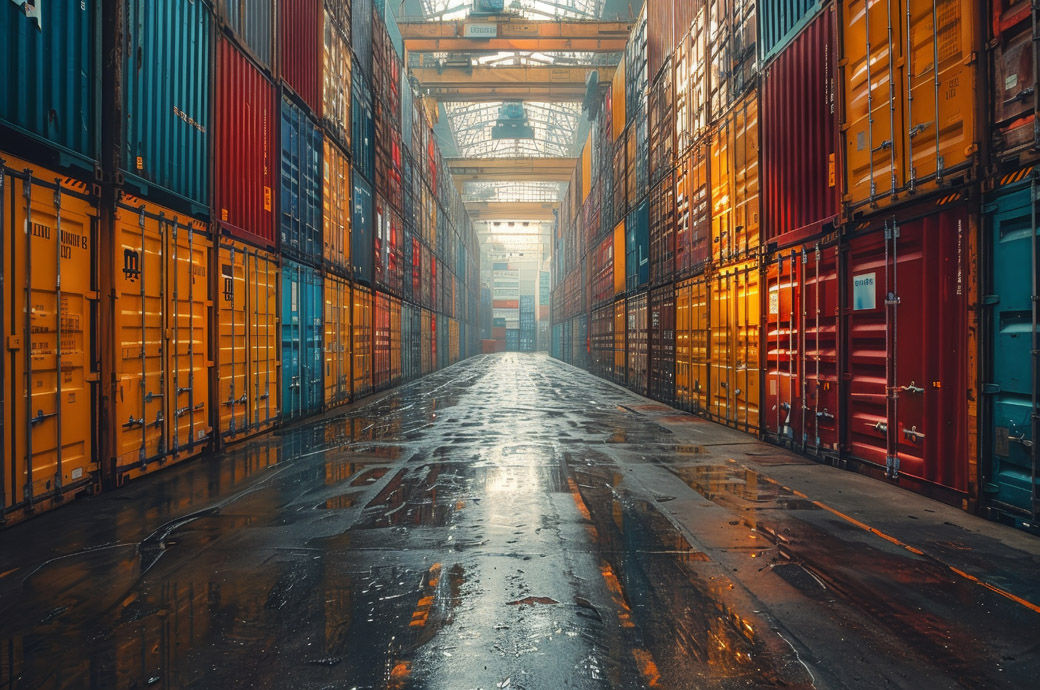
The Bay Terminal Marine Infrastructure Development project will construct a 6 km climate-resilient breakwater to protect the harbour from the force of waves, current, and extreme weather. It will also carry out dredging of the port basin, entrance, and access channels. The new, modern bay terminal, to be operated by leading international terminal operators, will accommodate larger size vessels, such as panamax vessels, and substantially decrease vessel turnaround time, potentially saving the economy about $1 million daily. Currently, the Chittagong port—which is the maritime gateway for over 90 per cent of Bangladesh's international trade volume and 98 per cent of its container traffic—can only receive small feeder vessels during limited hours of the day.
“Bangladesh’s international trade heavily relies on Chittagong port, which faces significant capacity constraints,” said Abdoulaye Seck, World Bank country director for Bangladesh and Bhutan. “The bay terminal project will be a game changer. It will improve Bangladesh’s export competitiveness through enhanced port capacity and reduced transportation cost and time, opening new opportunities to key global markets.”
Moreover, the project will mobilise private investment for the development of container terminals. The World Bank investment along with the government funding will bolster investor confidence and contribute to mitigating risks associated with the overall Bay Terminal Development. Furthermore, the World Bank group’s private sector arm, the IFC, is considering investing in one of the proposed private sector-led terminal, the World Bank said on its website.
“The bay terminal will contribute to modernising the country’s seaport infrastructure and improving its connectivity to regional and international markets,” said Hua Tan, World Bank senior transport specialist and team leader for the project.
The bay terminal, located in the Anandangar/Sandwip channel, west of the Chittagong port and close to existing road and rail links to Dhaka, is expected to handle 36 per cent of Bangladesh’s container volumes. Over one million people, half of whom are women, are expected to directly benefit from improved access to sustainable transport services, including shipping companies, business communities, importers, exporters, and freight forwarders.
In FY 23-24, the World Bank committed a record $3.4 billion in support to Bangladesh, including this project. The World Bank was among the first development partners to support Bangladesh following the country’s independence. Since then, the World Bank has committed about $42.3 billion in grants, interest-free and concessional credits to the country.
Fibre2Fashion News Desk (RR)